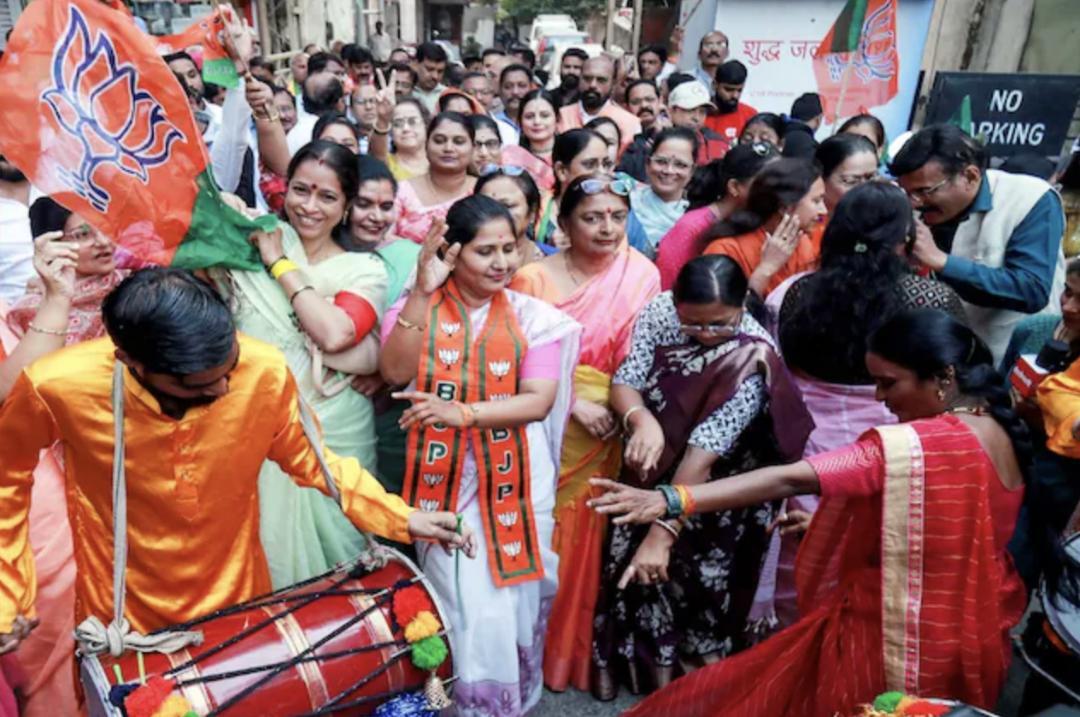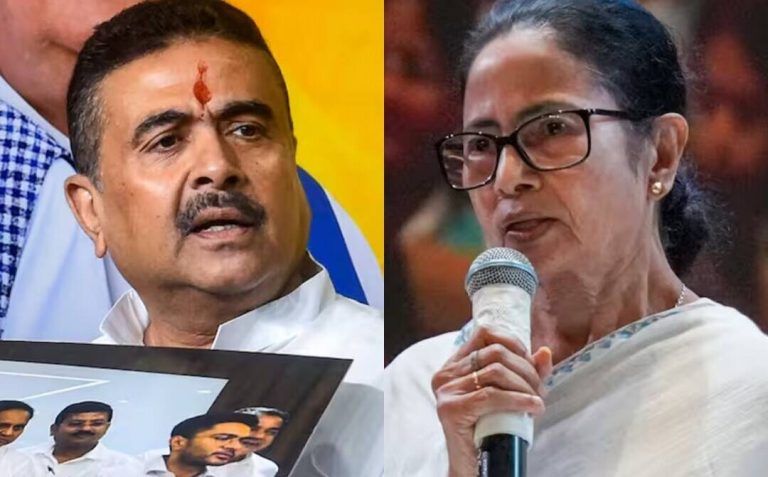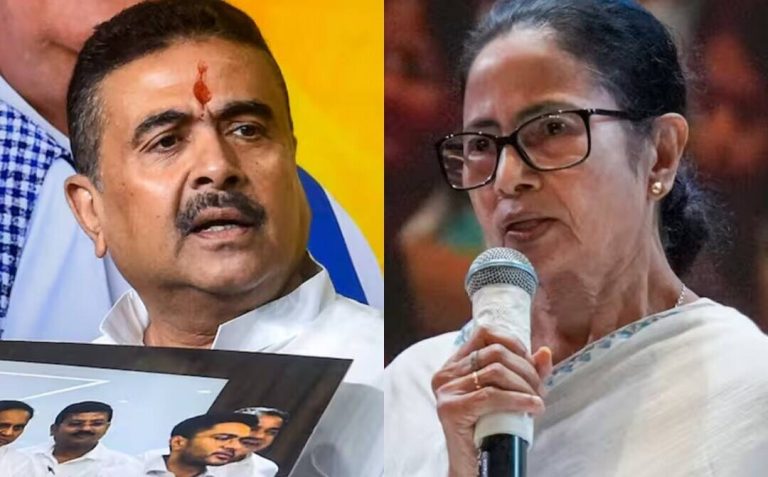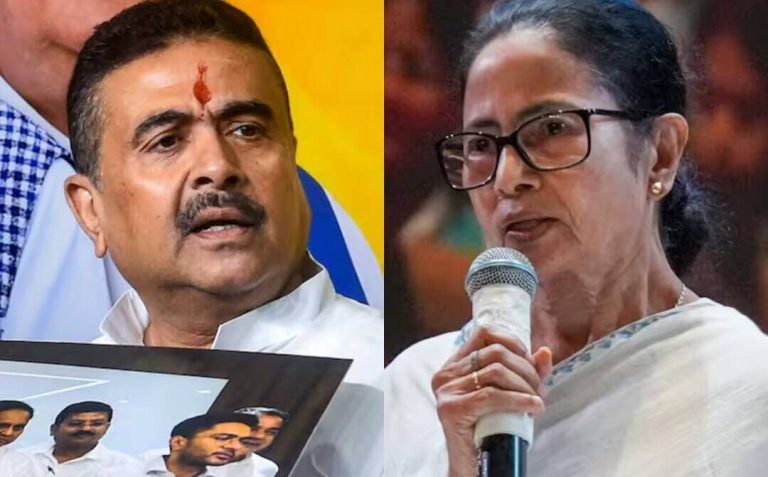
Who’re 12 BJP candidates who lost despite party’s 88% strike rate?
The recent Bihar polls have been a testament to the Bharatiya Janata Party’s (BJP) stronghold in the state, with the party winning 89 out of 101 seats it contested. This impressive 88% strike rate is a clear indication of the party’s popularity and influence in the region. However, amidst this overwhelming success, 12 BJP candidates failed to emerge victorious, losing to their opponents in various constituencies.
One of the notable losses was that of Ashok Singh, who contested from the Ramgarh constituency. Despite being a strong candidate, Singh was unable to secure a win, highlighting the challenges that even established parties like the BJP face in certain areas. Similarly, Vidya Keshri, Pawan, Umakant, and Ranvijay lost from Forbesganj, Dhaka, Chanpatia, and Goh respectively, showcasing that even with a strong party backing, individual candidates can still face defeat.
Alok Ranjan, Aruna Devi, and Haribhushan were other prominent BJP candidates who lost from Saharsa, Warsaliganj, and Bisfi respectively. These losses are significant, as they demonstrate that the BJP’s dominance is not absolute and that other parties can still pose a challenge. Sweety Singh, Satish, Vinod, and Bina Devi were also among the BJP candidates who lost, contesting from Kishanganj, Raghopur, Baisi, and Kochadhaman respectively.
The fact that 12 BJP candidates lost despite the party’s overall success raises important questions about the factors that contributed to these defeats. Was it a matter of individual candidate profiles, or were there local issues that played a significant role in the outcome? The answers to these questions can provide valuable insights into the complexities of Indian politics and the challenges that parties face in different regions.
It is also worth noting that the Congress party, which has been struggling to regain its footing in recent years, managed to secure wins in six constituencies, despite the NDA wave. This suggests that while the BJP’s dominance is undeniable, there is still space for other parties to compete and win, particularly in areas where local issues and candidate profiles play a crucial role.
The Bihar polls have been a significant event in Indian politics, with far-reaching implications for the country’s political landscape. As the BJP continues to consolidate its power, it is essential to analyze the factors that contributed to the losses of its 12 candidates, as well as the wins of the Congress party. By doing so, we can gain a deeper understanding of the complexities of Indian politics and the challenges that parties face in different regions.
In conclusion, the 12 BJP candidates who lost despite the party’s 88% strike rate are a reminder that even in the face of overwhelming success, there are always challenges to be overcome. As we continue to analyze the outcome of the Bihar polls, it is essential to consider the individual stories of these candidates and the factors that contributed to their defeats. By doing so, we can gain a more nuanced understanding of Indian politics and the complexities that shape the country’s electoral landscape.






